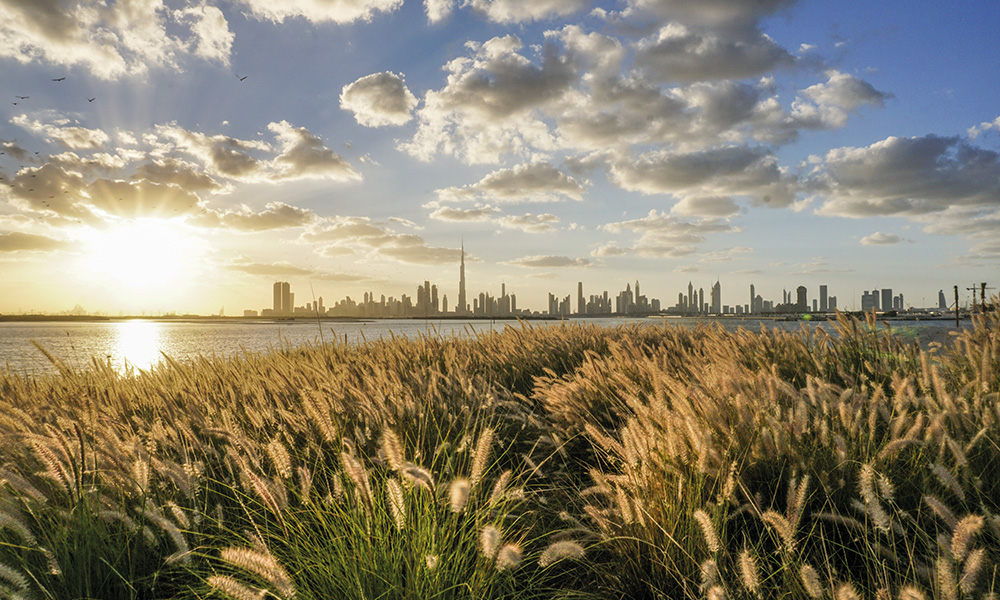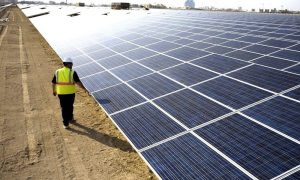GCC Nations lead Middle East and Africa in most sustainability measures
All six hydrocarbon-intensive GCC countries are at the bottom of the 17-nation ranking in Energy Transition, reveals report

The United Arab Emirates, Saudi Arabia and Qatar are doing the most in the GCC to fight climate change in several key areas despite their fossil fuel dependency, according to a new report that compares government and business sustainability policies, investment and actions across the Middle East and Africa.
South Africa, the United Arab Emirates, Egypt and Saudi Arabia rank at the top of the 17-country Middle East and Africa Evironmental Sustainability Scorecard, released Thursday. The scorecard is the most detailed examination to date of country performance in environmental sustainability outcomes, government policies, and corporate practices in the two regions.
The report concludes that the 17 countries covered “are relative ‘late comers’ to global sustainable development but at the same time represent regions that are rapidly stepping-up their sustainability strategies, programs and investments.”
The report was commissioned by Agility, a global supply chain services company based in Kuwait. It was compiled by Horizon Group, a Geneva-based firm that specializes in research and analysis for governments, international organizations, and leading businesses worldwide.
Horizon scored countries in six key “pillar” areas. The UAE ranks 1st in Sustainable Infrastructure & Transport; Energy Transition; and Environmental Ecosystem. Qatar is 1st in Green Investment, Innovation & Tech; and Governance & Reporting. Saudi Arabia ranks in the top five in five out of six key pillar areas.
Bahrain performs well (3rd) in Circularity, a measure of resource-use efficiency and waste management; Oman’s highest ranking (6th) is also in Circularity. Kuwait did best (5th) in Environmental Ecosystems, which examines air, soil and water pollution, along with conservation and biodiversity.
All six hydrocarbon-intensive GCC countries are at the bottom of the 17-nation ranking in Energy Transition, which looks at energy supply, and renewable energy use, subsidies and taxes, along with energy-transition agendas at national and corporate levels. Leaders in Energy Transition are: Uganda, Nigeria, Rwanda, Kenya and South Africa.
GCC countries are investing heavily in sustainable development, which will spur their economic growth. Current World Bank projections forecast combined GCC economic output to be $6 trillion by 2050. But “embracing a strategic green growth approach to economic diversification could potentially elevate this figure to over $13 trillion,” the report says, citing World Bank estimates.
The scorecard uses 48 performance and progress indicators to compare countries. The indicators include data, regulatory frameworks, policy assessments, incentives and corporate practices across six pillar areas: green investment and technology; sustainable infrastructure and transport; governance and reporting; energy transition; environmental ecosystems; and circularity. To capture corporate practices and progress, Horizon surveyed 647 business executives in the 17 countries.























